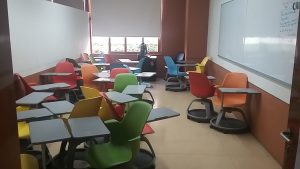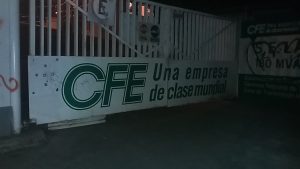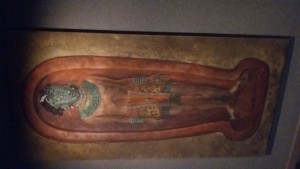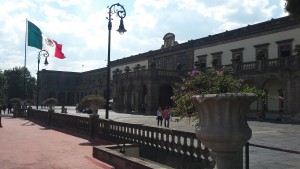For week 8 I was challenged to reflect on my practicum by my Faculty Advisor, here were the questions to consider and my answers to them. It definitely made me think about what I had actually achieved in the short amount of time that I was at McNair Secondary School
1.How have you contributed to the school community (what were you involved in outside of the classroom)?
I have contributed to the school community by guest judging in McNair’s singing competition, playing on the teacher’s lunch hour intramural sports team, and coaching and sponsoring the grade 8 boys’ volleyball team
2.Describe the different ways that you addressed diversity in the classroom (provided individualized instruction – adapted or modified- or helped students that needed additional support)?
In PE class, I did not need to address individualized instruction as all students were able to understand through my demonstrations, and all students with disabilities had their own personal Educational Assistants who would help them.
In Socials class, I addressed diversity by teaching with different multimedia tools and using a variety of activities that accommodate different types of learning styles. I additionally supported students by offering myself outside of class time (e.g. lunch time, after school), in these situations, I would sit down with students and guide them to appropriate answers for projects and assignments by asking guiding questions. For in class work or test time, I allow students who need/ask for extra help to go to the learning resources room.
3.List some of the different assessment practices you used beyond tests, quizzes, and questioning.
Think-pair-share
K/W/L
Carousel activity
Jigsaw activity
4.Give some examples of how you used group work in your lessons.
Paired projects
Group presentations
Creating a “talk show”
Jigsaw activity
Carousel activity
5.Give some examples of interesting hooks that you used in class to capture the students’ interest (how did you motivate the class)?
Video clips relating to course content (e.g. instructional, skits, songs, movie clips)
Picture analysis
Quote analysis
Current events/interesting thought or video (unrelated to course content) of the day
6.Give some examples of innovative teaching practices and/or creative activities that you used to engage students in learning (aside from lecture, power point, question & answer, lab experiments)
Jeopardy review
Kahoot
Creating a talk show
Drawing comics
Writing short stories
Simulations
7.Describe a lesson that you are particularly proud of. Why are you proud of this lesson and why do you feel it was so effective?
I was particularly proud of my simulation lesson of French culture and social classes before the rise of the French Revolution. My simulation generated feelings similar to that of the actual people of the French society of that time. I had students try to start an uprising on the people who were “wealthy” in the simulation. The actual words said during the simulation were, “Can we start a Revolution and take their money from them…” I was pleased because I did not expect the feelings to actual rise up in this way, I just wanted them to get an appreciation and general idea of how different social classes felt. This lesson was effective because in lessons after that, I could refer back to their feelings during the simulation to give them a more personal perspective on why different events happened the way they did during the French Revolution (e.g. why did certain people rise to power, why did the general public allow these people rise to power, what sort of things were promised to the general public that would sound appealing to agree to let these people rise to power, etc.)
8.What professional development activities have you participated in?
Professional development day at Cambie Secondary School
Collaboration day meetings
McNair staff meetings
Networking with veteran teachers from various schools and TOCs by sharing ideas and receiving practical advice
9.Is there any other information that you would like to share that would help me with your report?
All teachers and TOCs who observed my lessons have told me that I do a good job building strong relationships with my students. Most students respect my authority and work hard to do well in my class. Two out of the three classes that I taught were disappointed when they found out when I announced when I was leaving and specifically asked if I could stay longer.





